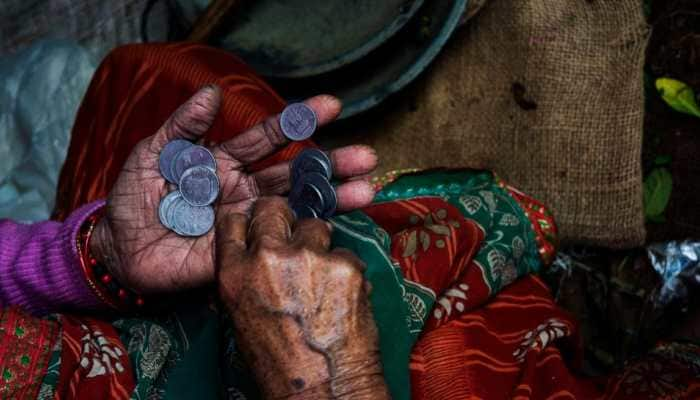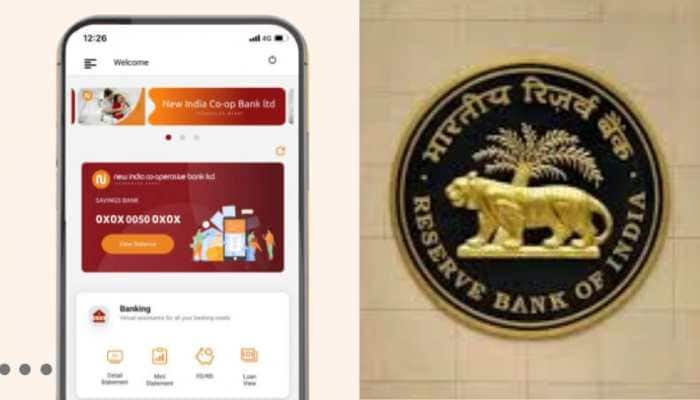Bilkis Bano gangrape case: Will Supreme Court overturn release of 11 convicts? Hearing today
The Gujarat government recently released all 11 convicts in the Bilkis Bano case on Independence Day under an outdated remission policy, which turned into a huge political controversy
- The SC will hear pleas against the release of 11 convicts in the case
- All convicts were released by the Guj govt on this Independence day
- Their release has been challenged in the SC
Trending Photos
)
New Delhi: Supreme Court will on Thursday hear petitions challenging the release of 11 convicts in the Bilkis Bano gangrape during the 2002 Gujarat riots. It may be noted that the convicts were released by the Gujarat government on Independence Day under an outdated remission policy, which turned into a huge political controversy. In 2019, the Supreme Court awarded Bilkis Bano the highest-ever compensation in a rape case - a job, a house and Rs 50 lakh.
The top court had on Tuesday given its consent to consider the petitions filed by CPM Politburo member Subhashini Ali, Trinamool Congress MP Mahua Moitra, and one other person. A bench headed by Chief Justice NV Ramana agreed to hear the matter after submissions by senior advocates Kapil Sibal (appearing for CPM leader) and Abhishek Singhvi (appearing for Mahua Moitra) and lawyer Aparna Bhat.
All the convicts were sentenced to life imprisonment by a special court in Mumbai in 2008 for the gangrape and the murder of seven members of Bilkis Bano's family. The sentence was later upheld by the Bombay High Court.
One of the convicts later approached the Supreme Court with an appeal for release after which the matter of remission was passed on to the state government. The Gujarat government decided to release all the men after a unanimous recommendation from a panel that included multiple members linked to the state's ruling BJP.
The recommendation for the release of all 11 convicts was based on the 1992 remission policy of the Gujarat government, which called for the premature release of those convicted for rape or sentenced to life imprisonment. However, the policy was later updated by the state in line with the Central policy that does not allow convicts serving life term or those convicted for gangrape to walk free.
Interestingly, Bilkis Bano regretted that she was not “consulted or informed about the decision.” She said it has "shaken" her faith in the justice system and left her "shocked" and "numb". The special court judge who convicted the men also questioned the Gujarat government's decision.
Bilkis Bano was gangraped and seven members of her family were murdered before her eyes during the violence in Gujarat following the attack on Sabarmati Express in 2002, in which 59 people, mostly kar sevaks, were charred to death.
Stay informed on all the latest news, real-time breaking news updates, and follow all the important headlines in india news and world News on Zee News.
Live Tv







)
)
)
)
)
)
)
)
)
)
